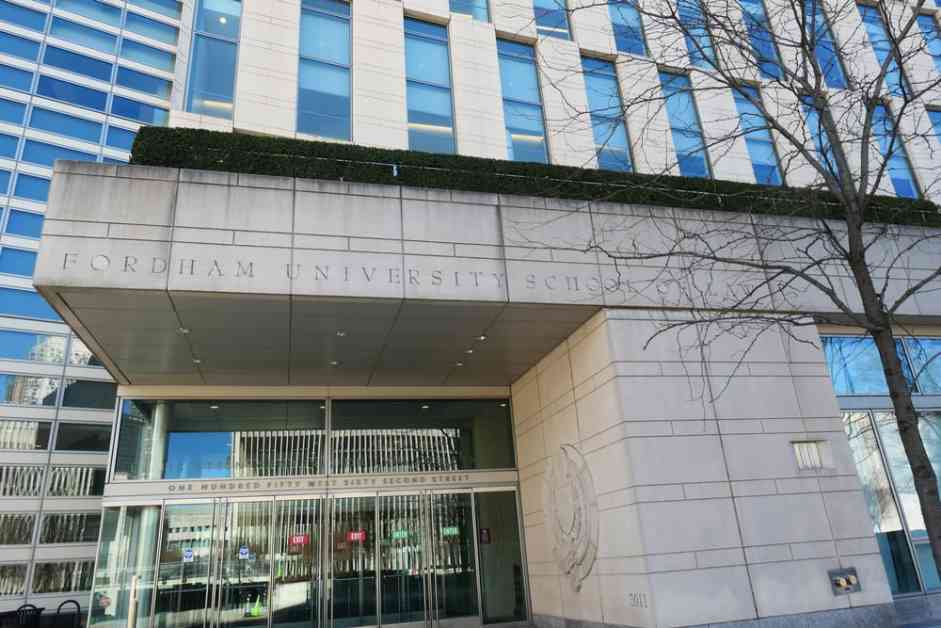Five more law schools have recently been approved to use the JD-Next alternative admissions program, joining the ranks of 52 other schools that offer this option instead of traditional standardized tests. The ABA Section of Legal Education and Admissions to the Bar council has given approval to Fordham University School of Law, the University of Illinois College of Law, DePaul University College of Law, the University of Arkansas at Little Rock William H. Bowen School of Law, and the University of St. Thomas School of Law to participate in the JD-Next program.
This program, initially designed by the University of Arizona James E. Rogers College of Law and now managed by Aspen Publishing, involves an eight-week course covering contracts, case reading, and analysis skills, followed by an exam that simulates a law school exam. While the exam has been deemed a reliable predictor of early law school grades, a report presented by consultant Nathan Kuncel of the University of Minnesota highlighted some cautions and caveats that need further evaluation to ensure its validity for high-stakes decisions.
Despite its effectiveness, the JD-Next program faced some challenges when a proposal to grant it equal status with the LSAT and GRE was rejected by the section council in the previous month. This decision means that schools using the JD-Next program still need to submit variance requests until more data is collected on its reliability.
The popularity of JD-Next has been on the rise since the U.S. Supreme Court’s ruling in June 2023, which prohibited race-conscious admissions. This decision raised concerns about the ability to maintain diversity within law school classes. Data from the Law School Admission Council indicates that Black/African American and Puerto Rican test-takers consistently achieve lower average scores on the LSAT, prompting a reevaluation of admission criteria.
It is worth noting that last year, the Section of Legal Education and Admissions to the Bar considered removing the requirement for law schools to use the LSAT in admissions but eventually decided to retain this long-standing requirement.
Overall, the addition of these five law schools to the JD-Next program expands the options available to prospective law students and contributes to the ongoing discussion about alternative admissions pathways in legal education. As the program continues to evolve, it will be essential to address any concerns raised about its validity and reliability to ensure fair and effective admissions processes across different institutions.















